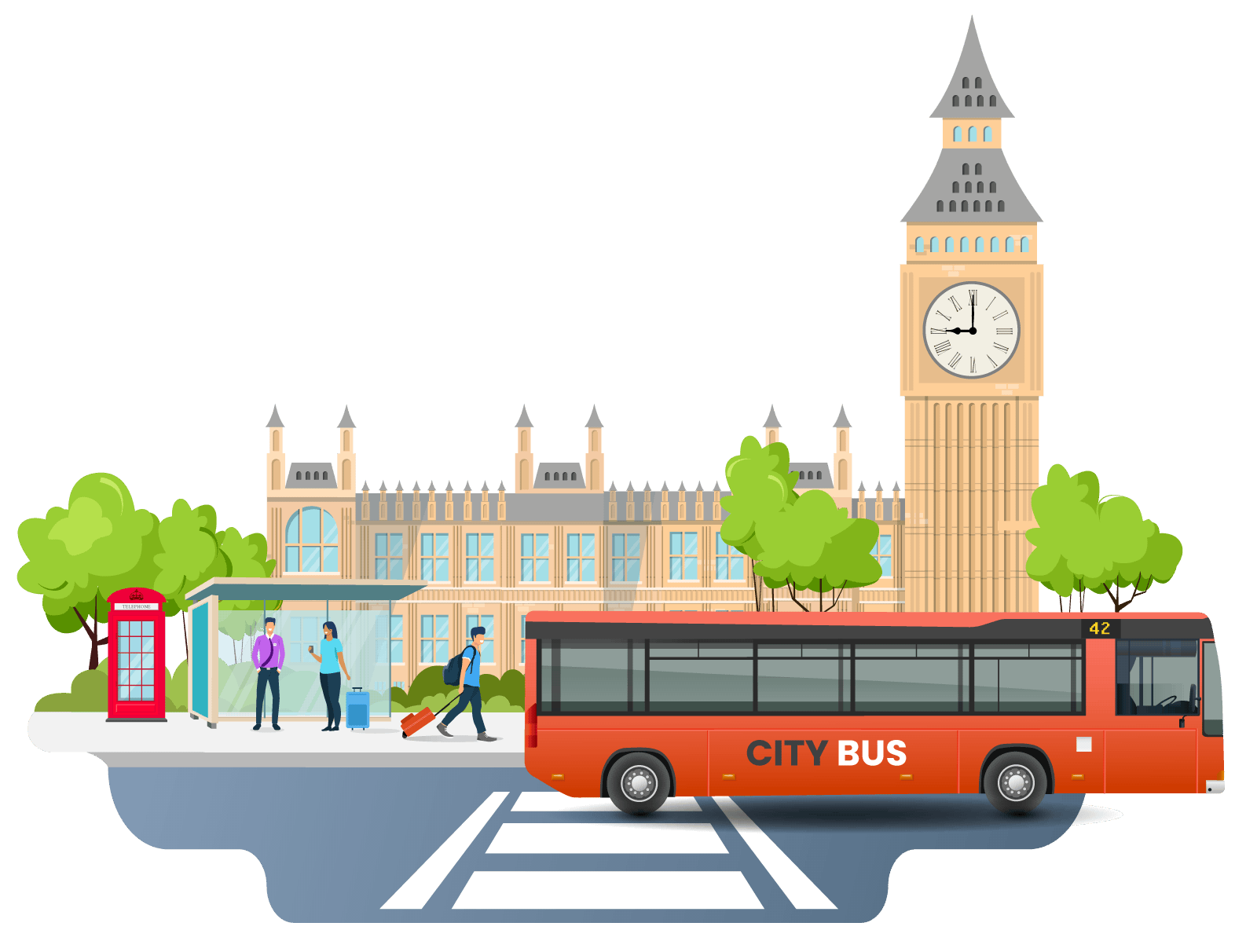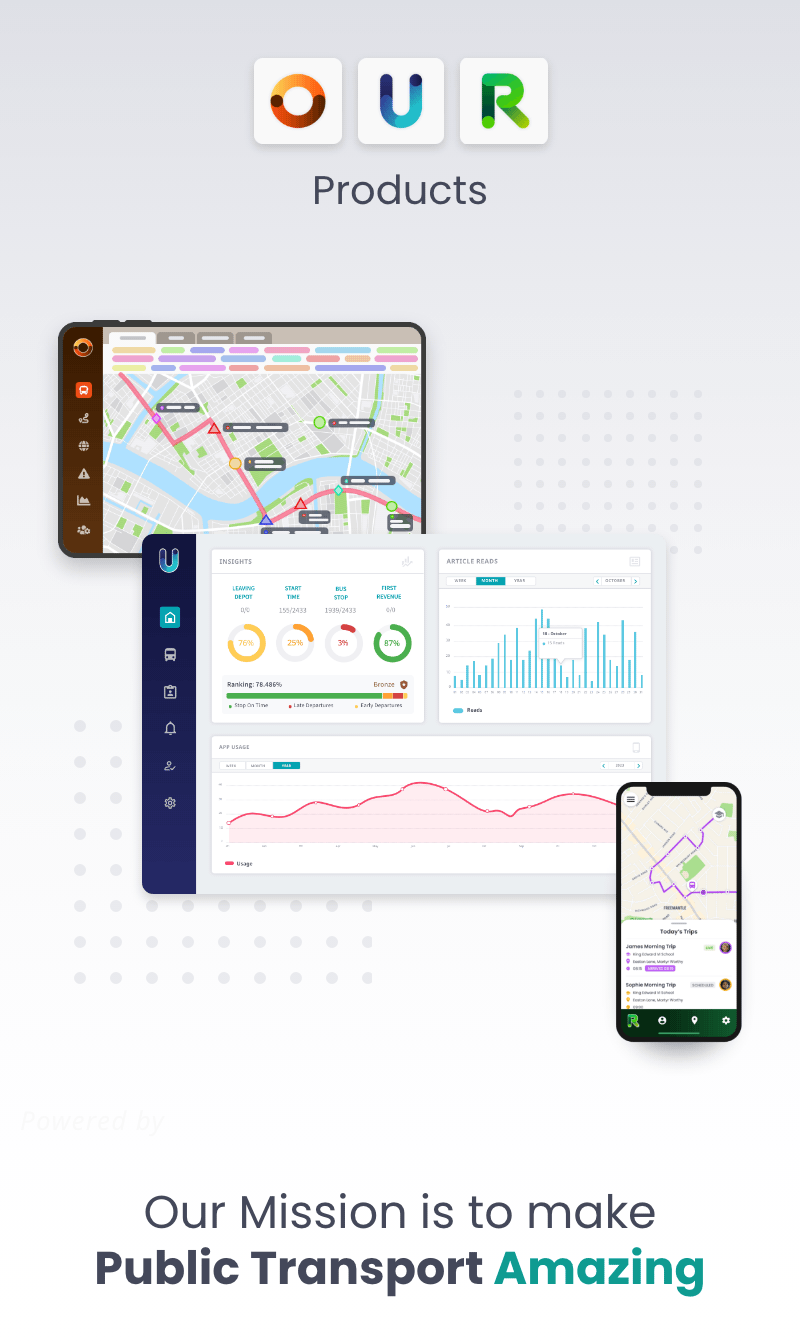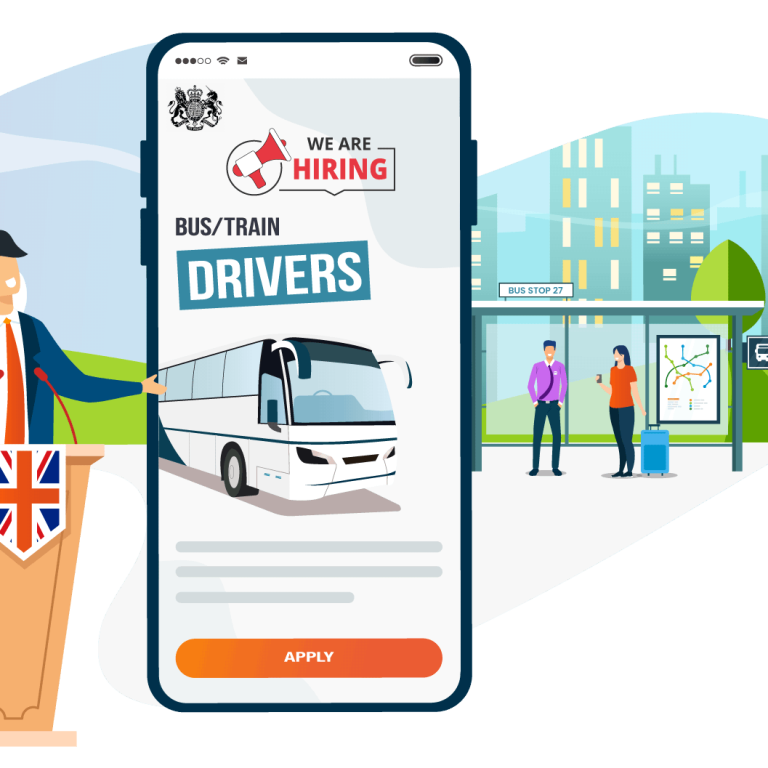A report has recently been released by the Confederation of Passenger Transport (CPT) that, for the first time, has provided some real and hard facts about the financial contribution that the UK bus industry makes to society, and the numbers are truly significant. The key fact is that for every single pound spent to improve infrastructure and bus services, a massive £4.55 is generated – a nearly fivefold increase. Credit is due to the excellent CPT for commissioning the report, which was delivered by KPMG at a conference in Derby, attended by the local buses minister, Simon Lightwood.
The impact of the bus industry is truly significant. It directly employs more than 105,000 individuals, while the supply chain employs a further 53,000 jobs (including us at uTrack), collectively injecting a whopping £11 billion a year into the UK economy. Additionally, for every £10 spent on the high street, £1 comes from bus passengers, with bus passengers estimated to have boosted the retail economy by £40 billion. The report also claims that bus commuters earn £72 billion a year and pay £15 billion in taxes. These figures underscore the substantial contribution of the bus industry, prompting the critical question of the profound economic repercussions that would ensue should the industry cease to operate in the United Kingdom.
Other direct benefits generated by the bus sector include access to jobs, education, and training worth a further £8.7 billion, as well as health benefits worth £2.8 billion. The sector also supports volunteer workers, contributing an additional £1 billion. A surprising fact from the report is that the cost savings from reduced congestion due to bus services have been calculated at £600 million. Considering the significance of the bus industry’s contribution to the nation’s economy and future growth, it is hoped that the government will continue to support and invest in the industry, especially in light of the ongoing battle to reduce carbon emissions. However, recent warnings from central government about difficult decisions that need to be made, along with the anticipation of a “painful” budget in October, suggest that the £2.00 flat fare, which has been vital in generating more bus passengers post-pandemic, may be at risk and may not be extended beyond December.
Graham Vidler, the CPT Chief Executive, stated, “This new research highlights the tremendous economic contribution driven by the 100,000 people employed in the bus sector, the 50,000 people working in our supply chain, and the millions of individuals who rely on buses daily. It also underscores how buses support every aspect of our lives – boosting local economies, connecting communities, improving health, and protecting our environment. Furthermore, it demonstrates that investing in better bus services offers exceptional value for money and provides a swift, flexible means to support green growth across the entire country.”
The impact of the bus sector on the UK economy is far greater than initially realised. While its vital role was understood, the facts and figures are substantial, highlighting the necessity for government support. Given the significant investment in the rail industry, there is a compelling case for further investment and protection of the UK bus industry. At uTrack, the benefits of buses will continue to be advocated at both local and national levels, and this report reinforces that position more strongly than ever.

Written by Austin Birks








